
Functional ecology, forests, tree reproduction, species distribution
Assistant professor at Kyushu University
http://journevalentin.wixsite.com/forestecol
Kyushu University; Institute of Environmental Biology and Biotechnology; Faculty (United Kingdom); Adam Mickiewicz University in Poznań • Animal Ecology and Behavior Studies, Ecology and Vegetation Dynamics Studies, Plant and animal studies
Reposted by Valentin Journé
Reposted by Matthew J. Silk, Valentin Journé

Come work with me at Edinburgh.
I'm advertising a PhD on: "Predicting responses of birds to climate change", competition funded through the E5 DTP. Would suit those with an interest in predicting responses to climate change, birds, or both.
e5-dtp.ed.ac.uk/project?item...
Reposted by Ian Butler, Valentin Journé
New footage from Rafah yesterday shows Israeli forces detonating and flattening entire neighborhoods, undermining every claim of reconstruction.
For now, our study provides the first global synthesis of weather–reproduction relationships in perennial plants!
Reposted by Andrew Hacket‐Pain, Julen Astigarraga

We asked
Can the weather tell trees when it’ is time to reproduce?
www.nature.com/articles/s41...

@newphyt.bsky.social @yannvit.bsky.social
#Phenology #Dendrochronology doi.org/10.1111/nph....
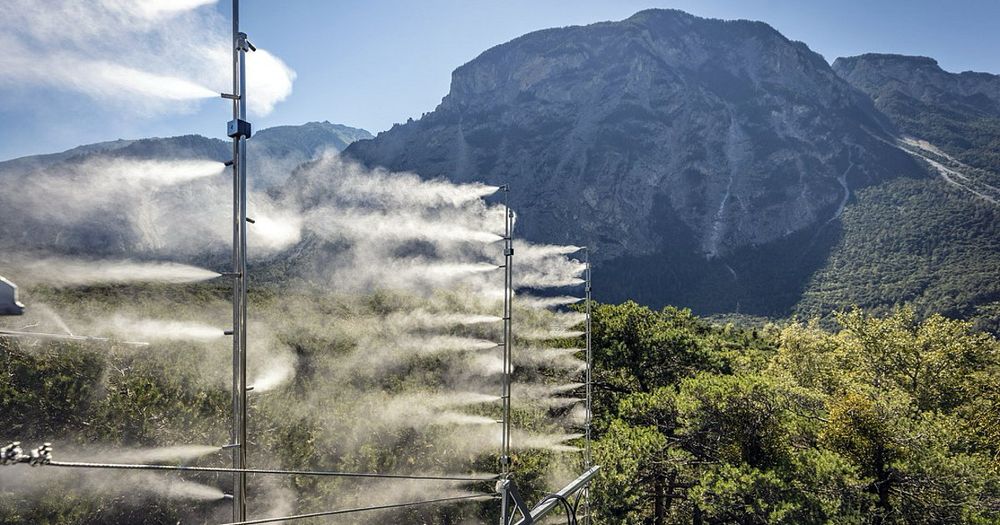
Join us at Forest Biology Center (Poznań, Poland) to study forest ecology under climate change.
2-year contract (extendable), start Jan 2026 (flexible). Apply by Sept 30, 2025.
🔗 forestbiologycenter.amu.edu.pl/our-team/joi...
Reposted by Michael A. Wulder, Graeme S. Cumming, Elliott L. Hazen , and 14 more Michael A. Wulder, Graeme S. Cumming, Elliott L. Hazen, Ben Bond‐Lamberty, Jonathan Lenoir, Julie L. Lockwood, Martin Tomko, Stephen D. Murphy, Juan Rocha, Tommaso Jucker, Laura E. Dee, Emilio Vilanova, Pablo García‐Díaz, Valentin Journé, Evan C. Fricke, Katherine Siegel, Karl Andraczek
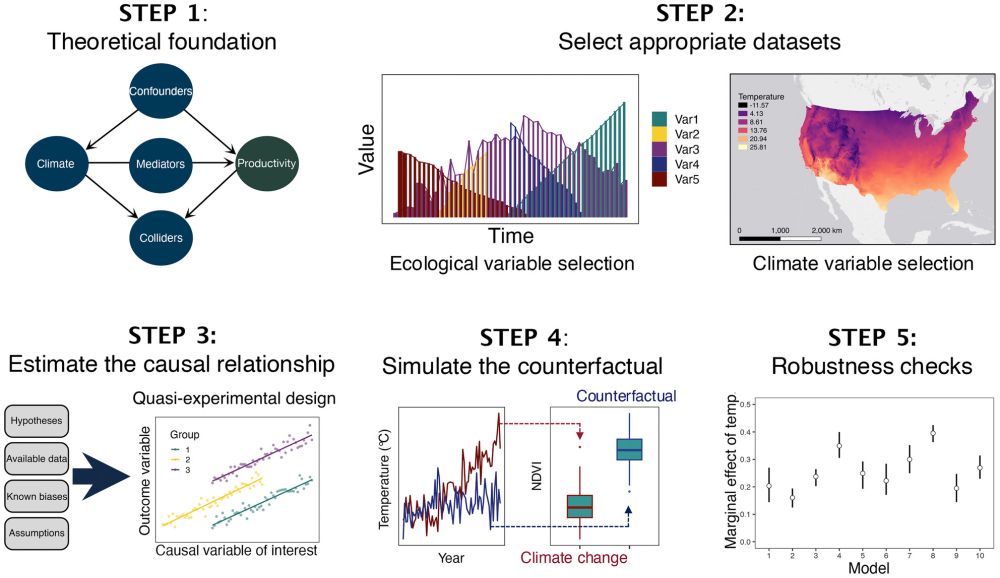
Are you asking "how much" or "if" climate change has impacted your system, then this paper is for you!
🧪🌏🌐🍁🌺🌱🌿
onlinelibrary.wiley.com/doi/10.1111/...
Reposted by Valentin Journé

Des scientifiques alertent?
Les élus les ignorent.
Des opposants dans les arbres?
La police intervient.
L’illégalité reconnue par les tribunaux?
Les députés changent la loi.
Des casseurs sans lien avec l’A69 agressent les forces de l’ordre?
La faute aux manifestants.
La démocratie? Perdante.
Reposted by Valentin Journé

Xiaojie Gao gives us the story behind their paper and the newly published pnetr R package, used for forest ecosystem modelling 🌳 Read the blog post here 👇
buff.ly/oKTtoJh
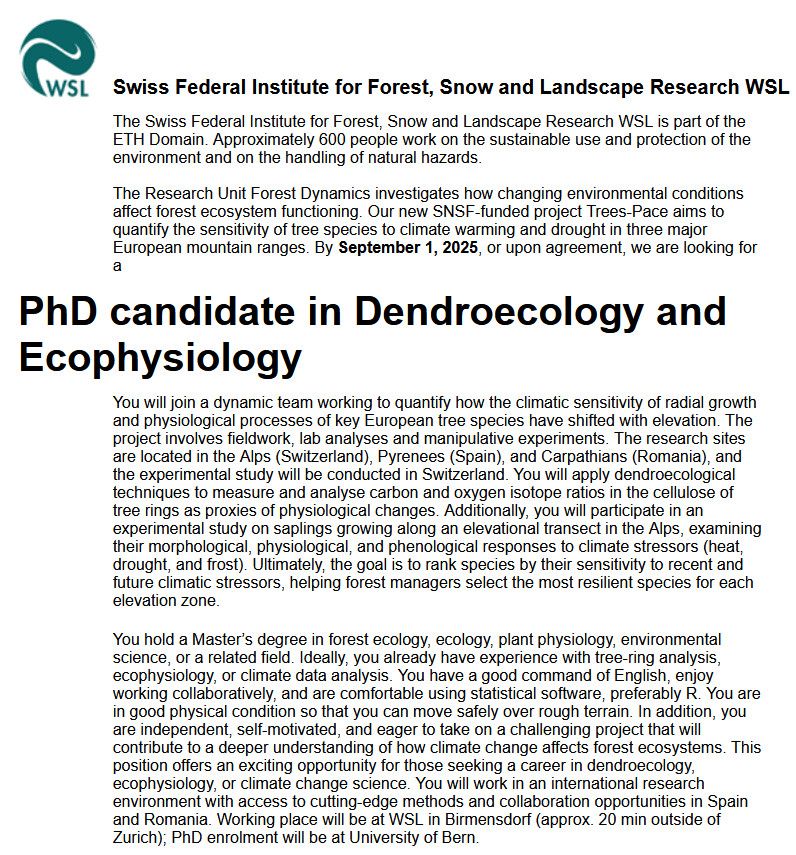
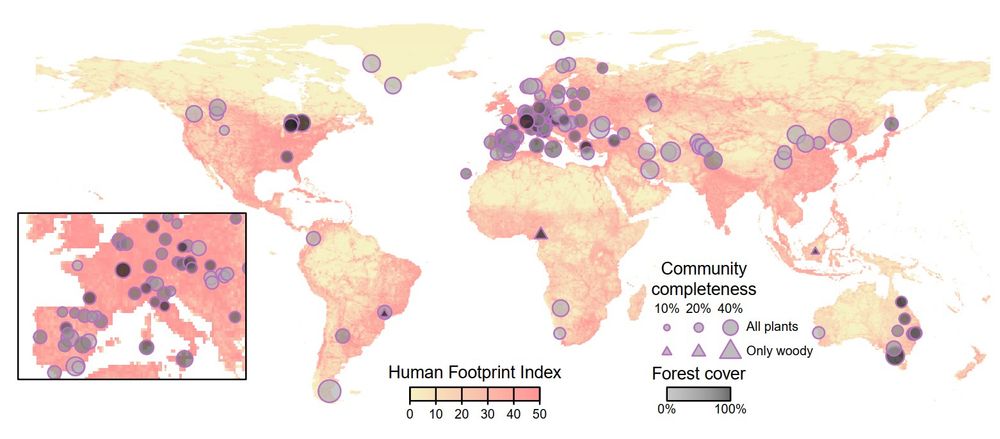
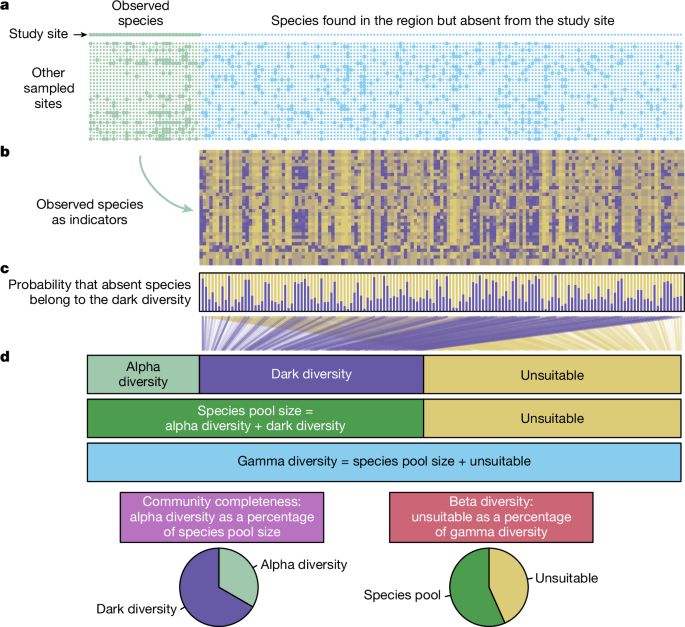
www.nature.com/articles/s41...
Reposted by Valentin Journé
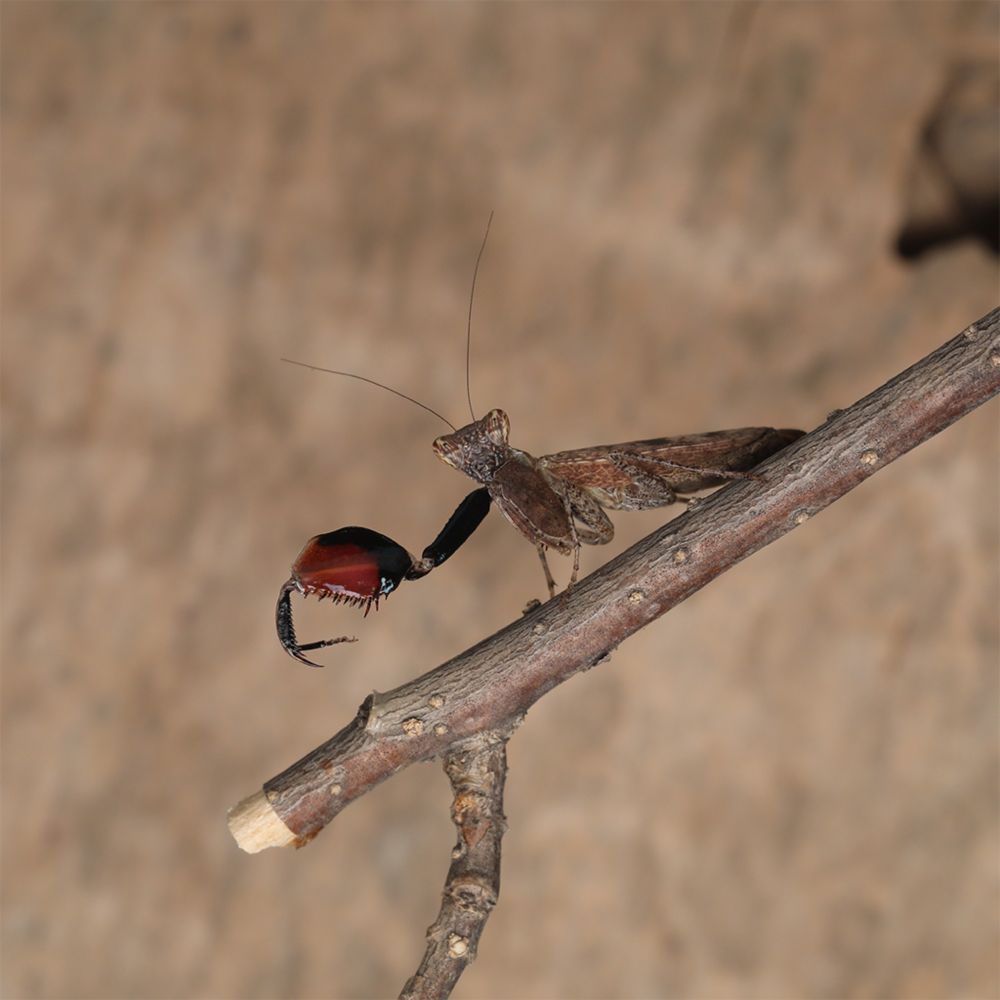
Reposted by Valentin Journé

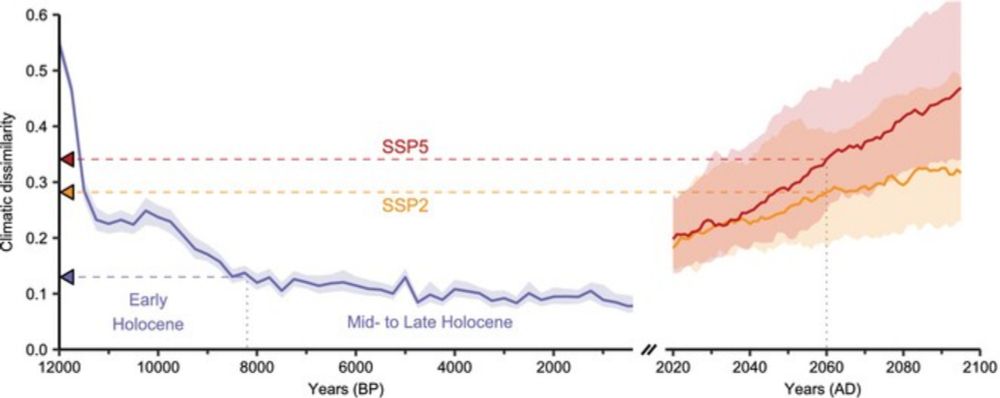
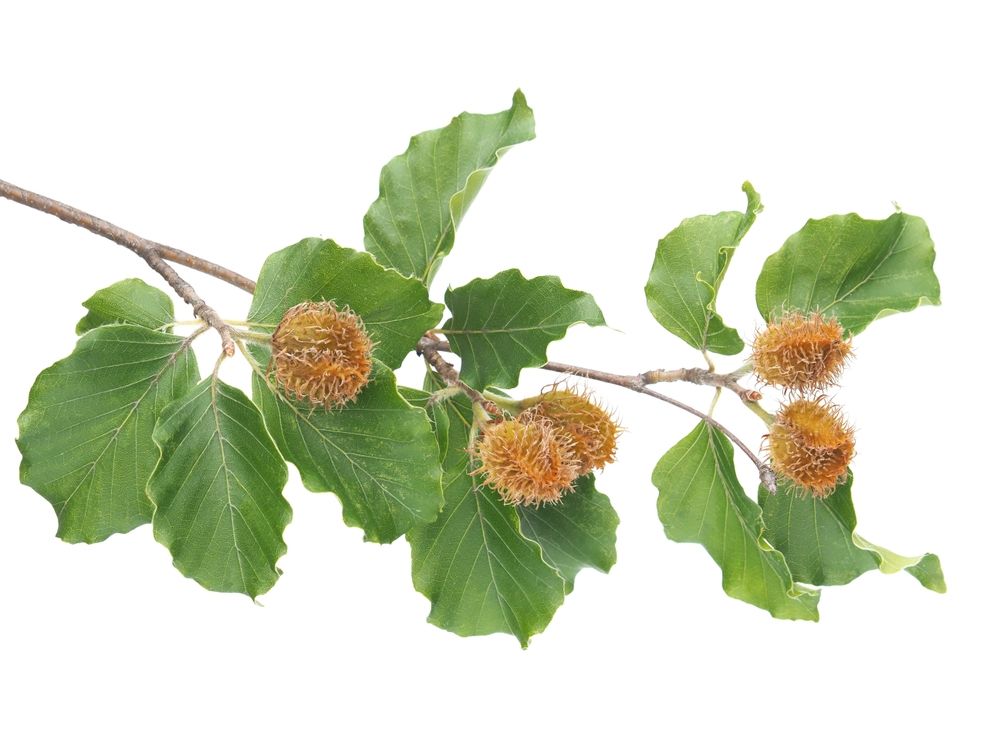
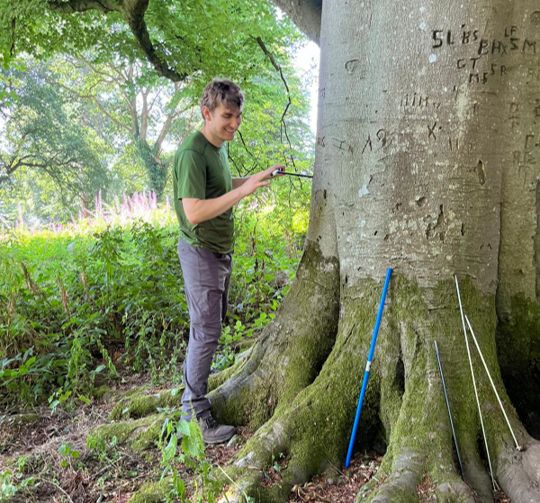
Reposted by Valentin Journé

Funded by @NCN_PL
www.pnas.org/doi/10.1073/...
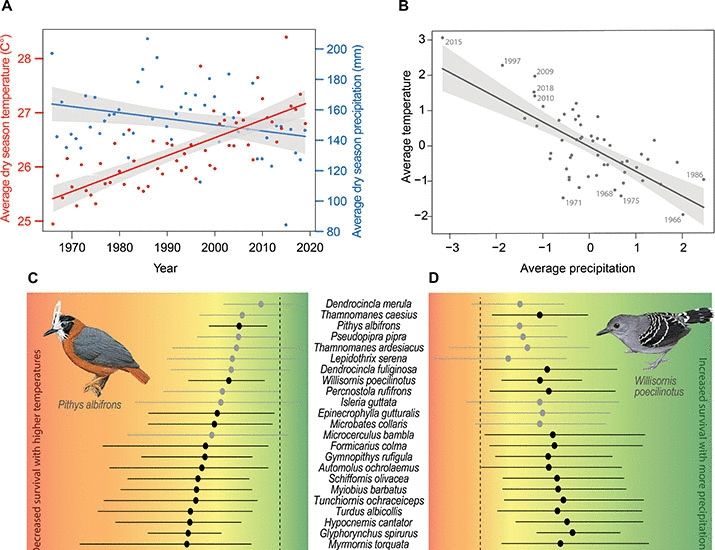
www.science.org/doi/10.1126/...



